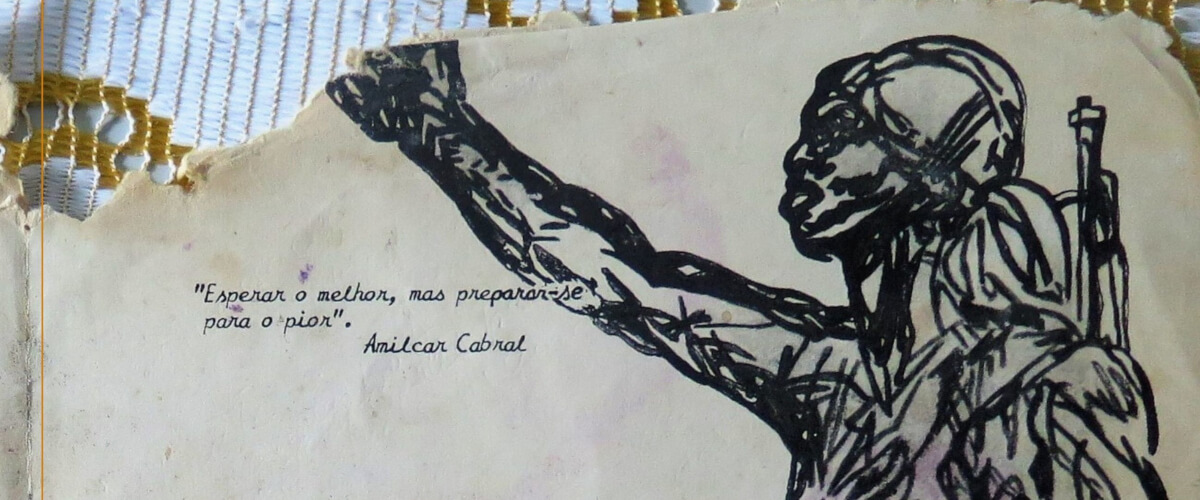Browse
Science, Technology And Innovation
Exercise controls weight Exercise can help prevent excess weight gain or help you keep off lost weight. When you take part in physical activity, you burn calories. The more intense the activity, the more calories you burn. Regular trips to the gym are great, but don't worry if you can't find a large chunk of time to exercise every day. Any amount of activity is better than none. To gain the benefits of exercise, just get more active throughout your day. For example, take the stairs instead of the elevator or rev up your household chores. Consistency is key. 2. Exercise combats health conditions and diseases Worried about heart disease? Hoping to prevent high blood pressure? No matter what your current weight is, being active boosts high-density lipoprotein (HDL) cholesterol, the "good" cholesterol, and it decreases unhealthy triglycerides. This one-two punch keeps your blood flowing smoothly, which lowers your risk of heart and blood vessel, called cardiovascular, diseases. Regular exercise helps prevent or manage many health problems and concerns, including: Stroke. Metabolic syndrome. High blood pressure. Type 2 diabetes. Depression. Anxiety. Many types of cancer. Arthritis. Falls. It also can help improve cognitive function and helps lower the risk of death from all causes.
By:
Shani new
Monday, Jan 26, 2026
AGRI-FOOD SYSTEMS
+7

Leave a comment
Opportunity with normal link in the description
https://www.greenmyna.com/the-importance-of-soil-conservation-in-sustainable-tree-plantation
By:
Shani new
Friday, Jan 23, 2026
AGRI-FOOD SYSTEMS
+7

No Preview Available
Leave a comment
Opportunity with embedded link in the description
Science and logic are deeply intertwined: Logic provides the framework (deductive & inductive reasoning, structure) for scientific inquiry, helping distinguish valid from invalid arguments, while science uses logic to build theories from observations, but also pushes beyond pure logic with empirical evidence to discover counterintuitive truths about the physical world, making logic a foundational tool but not the entirety of science. Logic helps structure hypotheses and analyze data, but science, through observation, can reveal phenomena that pure logical deduction might miss, like quantum mechanics.
How Logic Functions in Science
Foundation of Reasoning: Logic defines correct reasoning, making it the "science of sciences," essential for systematic study.
Deductive Reasoning: Moving from general principles to specific predictions (e.g., "All swans are white; this bird is a swan; therefore, it's white").
Inductive Reasoning: Building general theories from specific observations, a key part of the scientific method (e.g., Copernicus's observations leading to heliocentrism).
Hypothesis Testing: Science uses logic to form testable hypotheses (e.g., "I expect A because B," where B is the hypothesis) and evaluate expectations.
By:
Shani new
Friday, Jan 16, 2026
AGRI-FOOD SYSTEMS
+6
Leave a comment
Post with normal youtube link:
By:
Shani new
Friday, Jan 16, 2026
AGRI-FOOD SYSTEMS
+7
Leave a comment
Article with normal link in the description
Science and logic are deeply intertwined: Logic provides the framework (deductive & inductive reasoning, structure) for scientific inquiry, helping distinguish valid from invalid arguments, while science uses logic to build theories from observations, but also pushes beyond pure logic with empirical evidence to discover counterintuitive truths about the physical world, making logic a foundational tool but not the entirety of science. Logic helps structure hypotheses and analyze data, but science, through observation, can reveal phenomena that pure logical deduction might miss, like quantum mechanics.
https://ihc.fcsh.unl.pt/en/events/alterlives-independence-movements/?fbclid=IwY…
How Logic Functions in Science
Foundation of Reasoning: Logic defines correct reasoning, making it the "science of sciences," essential for systematic study.
Deductive Reasoning: Moving from general principles to specific predictions (e.g., "All swans are white; this bird is a swan; therefore, it's white").
Inductive Reasoning: Building general theories from specific observations, a key part of the scientific method (e.g., Copernicus's observations leading to heliocentrism).
Hypothesis Testing: Science uses logic to form testable hypotheses (e.g., "I expect A because B," where B is the hypothesis) and evaluate expectations.
By:
Shani new
Friday, Jan 16, 2026
AGRI-FOOD SYSTEMS
+7

No Preview Available
Leave a comment
Article with youtube Embedded URL in description
Science and logic are deeply intertwined: Logic provides the framework (deductive & inductive reasoning, structure) for scientific inquiry, helping distinguish valid from invalid arguments, while science uses logic to build theories from observations, but also pushes beyond pure logic with empirical evidence to discover counterintuitive truths about the physical world, making logic a foundational tool but not the entirety of science. Logic helps structure hypotheses and analyze data, but science, through observation, can reveal phenomena that pure logical deduction might miss, like quantum mechanics. Youtube Embedded URL:
How Logic Functions in Science
Foundation of Reasoning: Logic defines correct reasoning, making it the "science of sciences," essential for systematic study.
Deductive Reasoning: Moving from general principles to specific predictions (e.g., "All swans are white; this bird is a swan; therefore, it's white").
Inductive Reasoning: Building general theories from specific observations, a key part of the scientific method (e.g., Copernicus's observations leading to heliocentrism).
Hypothesis Testing: Science uses logic to form testable hypotheses (e.g., "I expect A because B," where B is the hypothesis) and evaluate expectations.
By:
Shani new
Friday, Jan 16, 2026
AGRI-FOOD SYSTEMS
+7
Leave a comment
Article with Youtube normal video in thumbnail image
Science and logic are deeply intertwined: Logic provides the framework (deductive & inductive reasoning, structure) for scientific inquiry, helping distinguish valid from invalid arguments, while science uses logic to build theories from observations, but also pushes beyond pure logic with empirical evidence to discover counterintuitive truths about the physical world, making logic a foundational tool but not the entirety of science. Logic helps structure hypotheses and analyze data, but science, through observation, can reveal phenomena that pure logical deduction might miss, like quantum mechanics.
How Logic Functions in Science
Foundation of Reasoning: Logic defines correct reasoning, making it the "science of sciences," essential for systematic study.
Deductive Reasoning: Moving from general principles to specific predictions (e.g., "All swans are white; this bird is a swan; therefore, it's white").
Inductive Reasoning: Building general theories from specific observations, a key part of the scientific method (e.g., Copernicus's observations leading to heliocentrism).
Hypothesis Testing: Science uses logic to form testable hypotheses (e.g., "I expect A because B," where B is the hypothesis) and evaluate expectations.
By:
Shani new
Friday, Jan 16, 2026
AGRI-FOOD SYSTEMS
+7
Leave a comment
Article with PNG type thumbnail image
The Food Pyramid – A Guide to a Balanced Diet
The Healthy Eating Food Pyramid
Balanced diet is a key to stay healthy. Follow the "Healthy Eating Food Pyramid" guide as you pick your food. Grains should be taken as the most. Eat more fruit and vegetables. Have a moderate amount of meat, fish, egg, milk and their alternatives. Reduce fat/ oil, salt and sugar. Trim fat from meat before cooking. Cook with low-fat methods such as steaming, stewing, simmering, boiling, scalding or cooking with non-stick frying pans. Also reduce the use of frying and deep-frying. These can help us achieve a balanced diet and promote health. How much of different kinds of food should I eat to stay healthy?
Eat the Right Food
Since different foods have different nutritional values, it is not possible to obtain all the nutrients we need from a single food. According to the Healthy Eating Food Pyramid, we have to eat a variety of foods among all food groups as well as within each group in order to get different nutrients and meet our daily needs.
Eat the Right Amount
Neither eating too much nor too little is good for our health. Every day, we need a specific amount of nutrients to maintain optimal health. If we do not eat enough, malnutrition or symptoms of nutrient deficiency are likely to develop. In contrast, excessive intake can result in over-nutrition and obesity. Therefore, we have to eat the right amount of food to stay healthy.
Healthy Eating Food Pyramid
Eat Most - Grains
Eat More - Vegetables and fruits
Eat Moderately - Meat, fish, egg and alternatives (including dry beans) and milk and alternatives
Eat Less - Fat/ oil, salt and sugar
Drink adequate amount of fluid (including water, tea, clear soup, etc) every day
By:
Shani new
Wednesday, Jan 14, 2026
AGRI-FOOD SYSTEMS
+7







Leave a comment